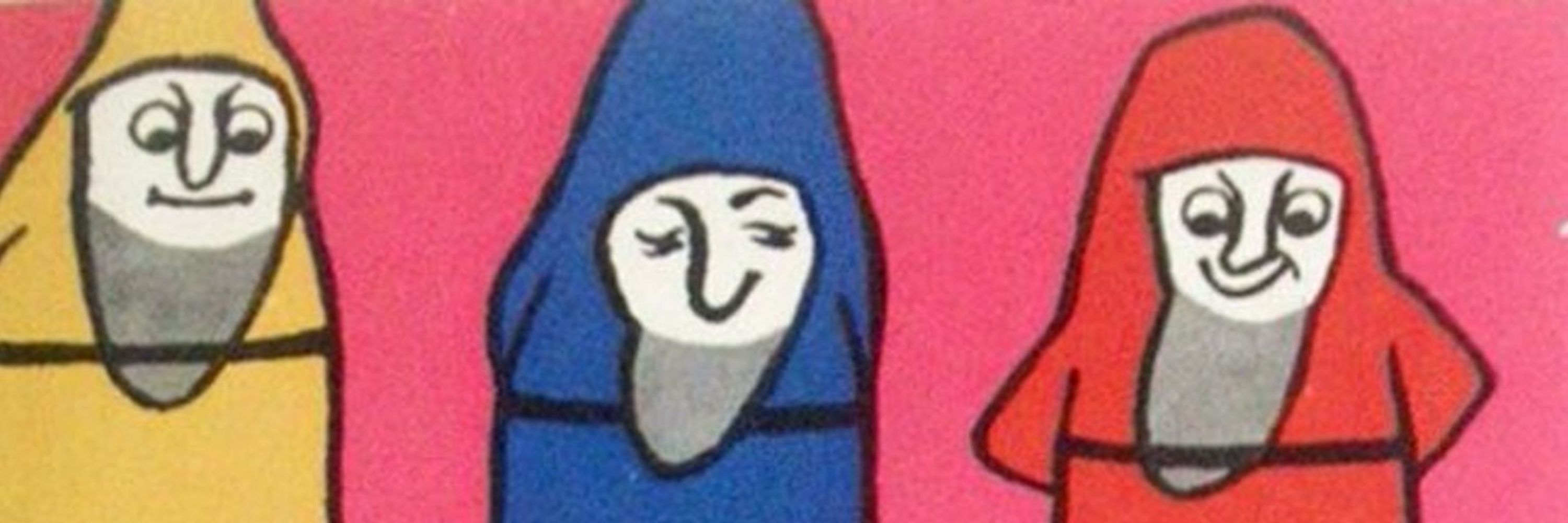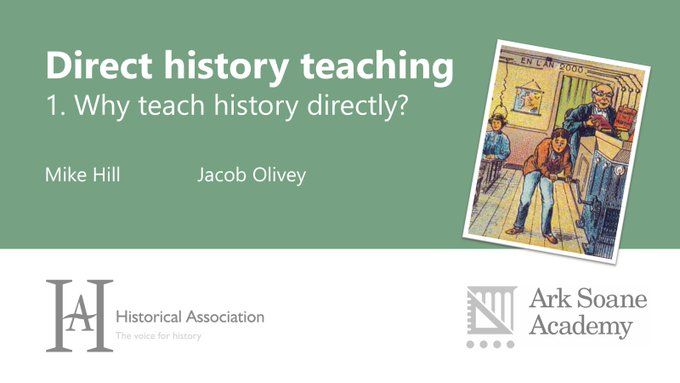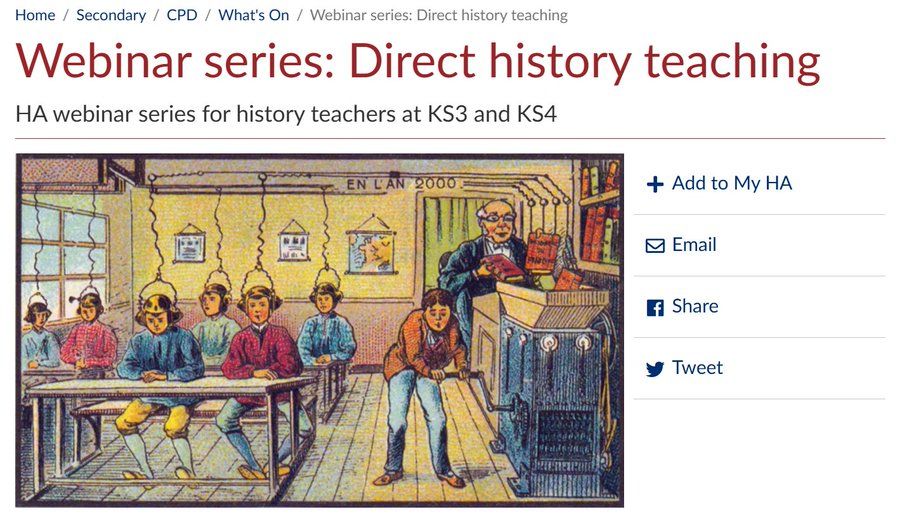
Following the success of Eamon Duffy's keynote last year, Steve Mastin will host another keynote conversation with a renowned historian. 📚
More details to be announced soon!


Following the success of Eamon Duffy's keynote last year, Steve Mastin will host another keynote conversation with a renowned historian. 📚
More details to be announced soon!
Join us on 7 Feb 2026 for a day of workshops and a nice curry – all for £25.
Ten years after the ‘knowledge turn’, we’re exploring what knowledge-rich history teaching looks like today.
Presenters & link below 👇

Join us on 7 Feb 2026 for a day of workshops and a nice curry – all for £25.
Ten years after the ‘knowledge turn’, we’re exploring what knowledge-rich history teaching looks like today.
Presenters & link below 👇
In the first webinar, @jacobolivey.bsky.social and I will explain why we think children don't need to 'do history' to learn history.
Recordings will be available. Link below! 🔗👇

In the first webinar, @jacobolivey.bsky.social and I will explain why we think children don't need to 'do history' to learn history.
Recordings will be available. Link below! 🔗👇
@jacobolivey.bsky.social and I are leading a webinar series for @histassoc.bsky.social in June – and it's cheap! Just £50 for all six webinars.
Link below! 👇

@jacobolivey.bsky.social and I are leading a webinar series for @histassoc.bsky.social in June – and it's cheap! Just £50 for all six webinars.
Link below! 👇
As always, I’m proudest of our pupils who were so keen to help and talk about history. What a lovely day. #Soane25




As always, I’m proudest of our pupils who were so keen to help and talk about history. What a lovely day. #Soane25

Our pupils love History at Ark Soane – from Year 7 all the way up to our first Year 10 cohort, 80% of whom do History GCSE.
We’re expanding and looking for another History teacher to join us next September. Could this be you?
Details below! 🙂

Our pupils love History at Ark Soane – from Year 7 all the way up to our first Year 10 cohort, 80% of whom do History GCSE.
We’re expanding and looking for another History teacher to join us next September. Could this be you?
Details below! 🙂







Can immersing pupils in one time period and place (in this case, Britain in the early 1900s) be the main point of a lesson sequence? What would this do for pupils' disciplinary understanding?

Can immersing pupils in one time period and place (in this case, Britain in the early 1900s) be the main point of a lesson sequence? What would this do for pupils' disciplinary understanding?
How can teachers use stories, sources, and visuals to help pupils really grasp the "burning convictions" that shaped the Reformation?

How can teachers use stories, sources, and visuals to help pupils really grasp the "burning convictions" that shaped the Reformation?
Our very own @jacobolivey.bsky.social will explore how building a sense of place can shape pupils' judgements about continuity and change – and how one word can powerfully drive an enquiry question.

Our very own @jacobolivey.bsky.social will explore how building a sense of place can shape pupils' judgements about continuity and change – and how one word can powerfully drive an enquiry question.

How can stories and material culture make complex histories tangible?

How can stories and material culture make complex histories tangible?
These are some of the questions that @mrmountstevens.bsky.social will explore in his workshop.

These are some of the questions that @mrmountstevens.bsky.social will explore in his workshop.

Jimmy Colenutt will consider how we might get more out of topics that we already teach - and how history teachers can richly immerse pupils in medieval England by "going big on Becket."

Jimmy Colenutt will consider how we might get more out of topics that we already teach - and how history teachers can richly immerse pupils in medieval England by "going big on Becket."
How can we immerse pupils in specific places, but also connect these places and maintain breadth across a history curriculum?

How can we immerse pupils in specific places, but also connect these places and maintain breadth across a history curriculum?
How can digging deep into the "Big Freeze" reveal bigger histories about climate, politics, and society?

How can digging deep into the "Big Freeze" reveal bigger histories about climate, politics, and society?
How can history teachers develop a sense of place when we teach about, say, Pompeii or nineteenth-century Manchester?

How can history teachers develop a sense of place when we teach about, say, Pompeii or nineteenth-century Manchester?

